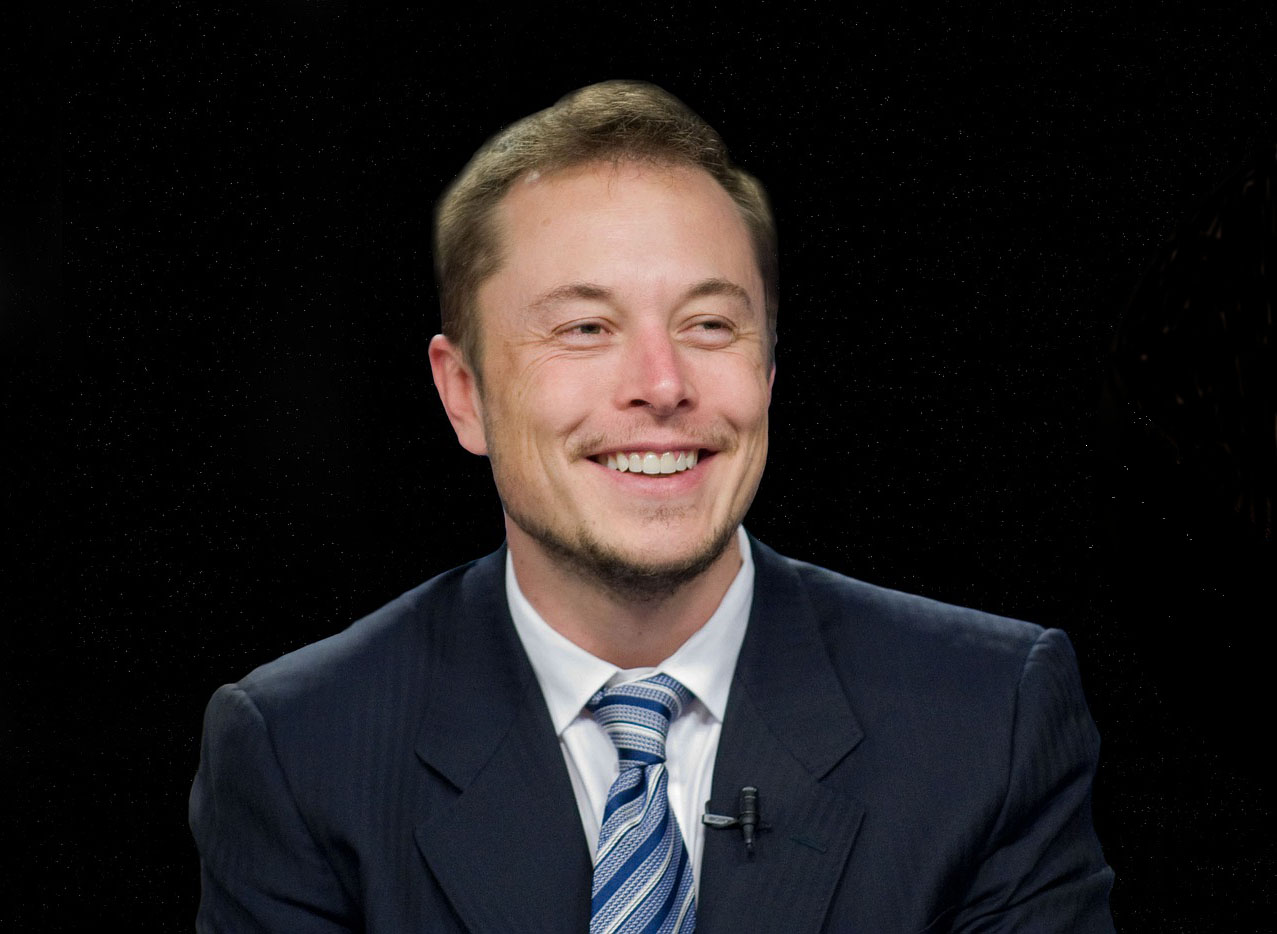
In the high-stakes world of stock market investing, few companies have generated as much controversy and financial carnage among short sellers as Tesla (TSLA).
The electric vehicle giant, led by Elon Musk, has proven to be a graveyard for some of Wall Street’s most renowned bears. Let’s delve into the stories of those who bet against Tesla and faced significant losses.
1. Jim Chanos: The veteran short seller, known for predicting Enron’s collapse, lost more than half a billion dollars shorting Tesla. This substantial loss contributed to the eventual shutdown of his hedge fund, marking a dramatic end to a storied career.
Chanos initiated a short position against TSLA in 2016, although he reduced this bet before Tesla’s inclusion in the S&P 500 index in late 2020.
2. David Einhorn: The Greenlight Capital founder’s bet against Tesla cost him dearly. Einhorn said the Tesla short position was the fund’s biggest loser in 2020, when Tesla’s stock price soared over 740%, a stark reminder of Tesla’s resilience in the face of skepticism.
3. Bill Gates: While the exact result of the Gates’ trade remains undisclosed, his short position of around $500 million against Tesla in early 2022 sparked a public spat with Elon Musk.
The Tesla CEO criticized Gates, arguing that shorting an electric vehicle company undermined Gates’ stance on climate change. Despite Gates’ apology, Musk remained notably upset, calling the Microsoft co-founder “categorically insane.”
4. Gabe Hoffman: In 2023 alone, Hoffman’s fund lost over $100 million shorting Tesla, highlighting the company’s continued ability to defy bearish expectations.
Hoffman has been a vocal Tesla short-seller, publicly criticizing the company’s financial performance and operations. He pointed to Tesla’s high cash burn rate and low cash reserves as reasons for his short position.
5. Gordon Johnson: Known for his persistent skepticism of Tesla, Johnson’s average loss in 2021 was a staggering 97%, underscoring the risks of maintaining a bearish stance against the EV maker.
In January 2023, Johnson predicted that TSLA would nosedive to $24.33 per share by the end of the same year, suggesting a 90% downside from the current stock price. At last check TSLA was trading at $249 a share.
6. Andrew Left: The Citron Research founder has lost substantially shorting Tesla since 2018, a testament to the company’s long-term stock performance.
In February 2020, Left called TSLA’s parabolic rise a “computer-generated rally” that was not tied to reality or valuation.
It’s worth noting that Left has shifted between shorting and going long on Tesla, making bold predictions on both sides. His current view though remains that Tesla’s stock is overvalued and poised for a significant pullback.
7. George Noble: In 2019, Noble said he was “playing for bankruptcy” when he last had a material short position on Tesla, indicating he suffered significant losses.
Noble commented that he has “never been this wrong” in his investing career, referring to how Tesla’s stock price has risen dramatically despite his bearish thesis.
8. Mark Spiegel: Another long-time Tesla bear, Spiegel is believed to have incurred significant losses shorting the stock between 2014 and 2021, though exact figures remain undisclosed.
These cases collectively paint a clear picture: betting against Tesla has been a costly endeavor for even the most experienced investors. The company’s ability to consistently prove its critics wrong has not only reshaped the automotive industry but also challenged traditional wisdom in stock market investing.
It’s worth noting that this list likely represents only a fraction of the losses incurred by Tesla short sellers. Many more investors, both institutional and retail, may have suffered significant setbacks that have gone unreported.
The moral of this story is clear and emphatic: shorting Tesla has proven to be an extremely risky strategy. The company’s volatile yet generally upward trajectory has defied conventional analysis and burned even the most seasoned Wall Street players.
As Tesla continues to expand its reach in the electric vehicle market and beyond, investors would do well to heed the lessons learned by these high-profile short sellers.
While past performance doesn’t guarantee future results, the track record of those betting against Tesla serves as a stark warning to potential bears.
In the ever-evolving landscape of the stock market, Tesla’s story underscores the importance of thorough research, risk management, and the potential pitfalls of betting against innovative companies with passionate investor bases.
As always, investors should approach any investment strategy, long or short, with caution and a clear understanding of the associated risks.
Disclaimer: This page contains affiliate links. If you choose to make a purchase after clicking a link, we may receive a commission at no additional cost to you. Thank you for your support!




Leave a Reply